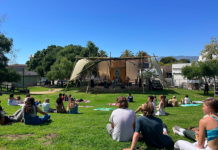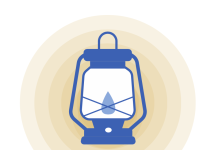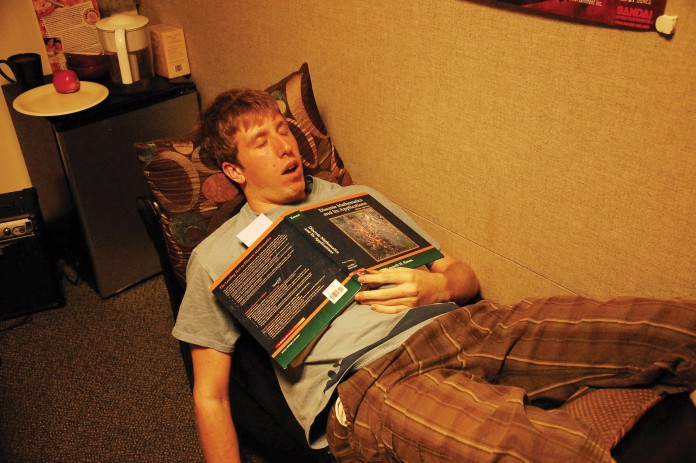Shelly Flores
Writer
Photo By: Jeffrey Robin
I was never a fan of napping until I came to college. In fact, I would feel guilty for taking naps during the day and I blame this partly on the Western culture, which values hard work and views this practice as a form of laziness.
But this is not the case. Napping has a number of benefits and, when done the right way, can improve one’s mood, memory and productivity. But first it is important to understand the stages of sleep and how it is often easy to take a nap incorrectly.
According to the National Center on Sleep Disorders Research, during a night’s sleep, your body goes through five different stages of sleep. Stage one lasts about two to five minutes and is the stage that transitions you into sleep. Body twitches and sudden jerks are common during this phase.
During stage two, any material you were studying prior to going to sleep becomes solidified in your memory. About 50 percent of time spent sleeping is in this stage.
Body restoration occurs during stages three and four. During these stages, the body releases hormones that repair tissues, lower stress and burn carbohydrates more efficiently. These stages are especially important for studying purposes, since the mind strengthens any information you have recently learned. About 30 percent of time spent sleeping occurs during stages three and four.
Lastly, your body goes through a rapid eye movement (REM) stage. This is the phase during which memorable parts of your dreams take place. During this stage you also experience elevated creativity and improved perceptual skills.
There is much debate about the length of an effective nap. Ninety minutes is the perfect length because it has the perfect balance of all the sleep stages.
But as busy college students—some of whom also have jobs, internships, and organizations to focus on—90 minutes is a lot of time to set aside for a nap.
If you have little time to spare, a 20-minute nap can be beneficial and can give you a boost of stamina to get through the rest of your day. But it is imperative that you do not sleep for longer than 20 minutes if you are unable to nap for a full 90 minutes because the body may enter stage three of the sleeping cycle, which can leave you feeling more tired than before the nap.
UC Santa Barbara Stress Management peers affirm that naps are a great way to get a boost of energy.
“Power naps are a great way to rejuvenate in the middle of a long school day,” said third-year Chicano Studies and Spanish double major and UCSB stress peer Stephany Gutierrez. “I love using the egg chair in the Stress Management Peer Office in between classes. I always feel more prepared for the rest of my day afterwards.”
UCSB Bren School Masters student Jeff Young agrees with Gutierrez.
“Power naps are a great way to recharge after a long day of class and work. Just 20 minutes is enough to leave me feeling refreshed and ready to tackle my assignments!” he said.
As previously mentioned by Gutierrez, the egg chair is located in Counseling and Career Services and is a great place to squeeze in a power nap between classes. The egg chair has built-in speakers and a big screen monitor, and students may use audio and visual media to help them relax. You also don’t have to worry about oversleeping and missing class; stress peers will come into the room and gently wake you up after 20 minutes.
For more information on sleep and stress management, the Stress Management Peers are located on campus in the Counseling Services building.
















Comments are closed.